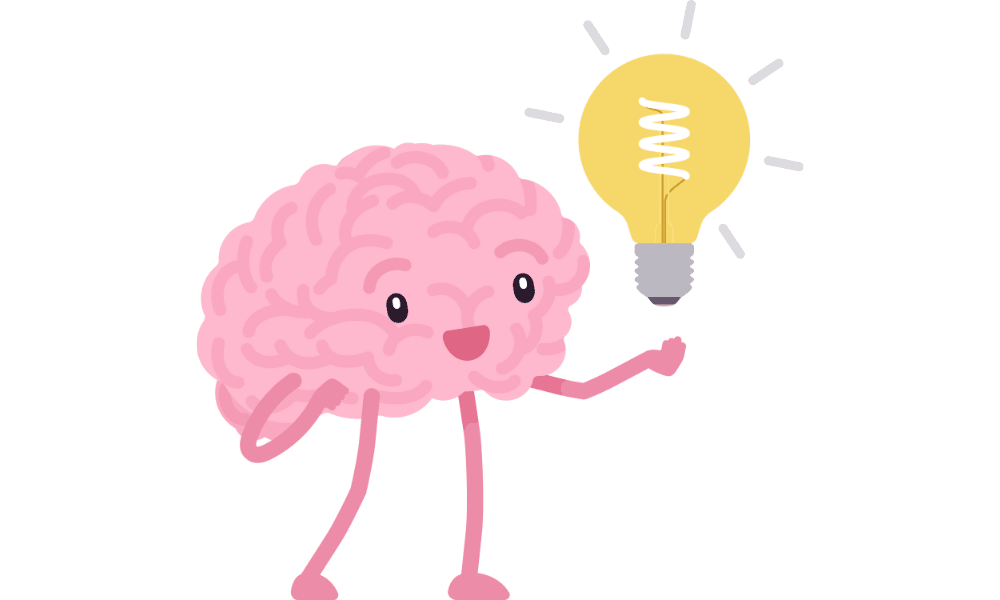Top 10 Best Memorization Techniques for Studying
May 27, 2025 2025-05-27 15:24Top 10 Best Memorization Techniques for Studying
Every student, whether in middle school or preparing for competitive exams, faces the common challenge of remembering and retaining large amounts of information.
While hard work and consistency are essential, using the right memorization techniques for studying can make a huge difference in academic performance.
In today’s fast-paced learning environments, especially at institutions like the Best Schools in Mumbai, students are encouraged to develop effective memory strategies that go beyond traditional rote learning.
These schools emphasize not just learning for exams, but retaining knowledge for life — and that’s where memorization methods play a vital role.
Why Memorization Matters in Student Learning ?


Before diving into the techniques, let’s understand why memory is key to academic success. A strong memory helps students:
- Grasp and recall information faster
- Build confidence during tests and presentations
- Retain foundational concepts for future learning
- Reduce study time by improving retention
With the growing demand for academic excellence, students need to work smart and smart studying begins with using scientifically backed memorization techniques for studying.
Some Memorization Techniques for Studying:


1. Spaced Repetition
Instead of cramming information in one go, space out your revision over several days. This technique utilizes the brain’s ability to retain information better when it’s reviewed periodically.
- Helps shift short-term memory to long-term
- Ideal for subjects like Science and History
2. Mnemonics and Acronyms
Create catchy acronyms or rhymes to remember lists, sequences, or formulas. Mnemonics simplify complex information and make recall easier.
Example: HOMES for the Great Lakes – Huron, Ontario, Michigan, Erie, Superior.
3. Mind Mapping
Visual learners benefit significantly from this method. Mind maps help organize concepts in a way that reflects natural thinking patterns. Start with the main topic in the center and branch out with sub-topics.
- Encourages creative connections between ideas
- Great for subjects like Geography and Literature
4. The Feynman Technique
Named after physicist Richard Feynman, this technique involves:
- Choosing a concept
- Explaining it in simple words as if teaching it to a 10-year-old
- Identifying gaps in your understanding
- Reviewing and simplifying again
It’s one of the most powerful memorization techniques for studying, especially in complex topics.
5. Chunking
Break large information into smaller “chunks.” This method is commonly used in memorizing phone numbers or formulas. It reduces cognitive overload and improves retention.
6. Storytelling Technique
Turn facts and data into a story. The human brain is wired to remember stories better than plain information.
- Useful for history dates, biology processes, or even mathematical logic
- Engages imagination, making studying more fun
7. Active Recall
Testing yourself is more effective than passive revision. Use flashcards, quiz apps, or even simple Q&A with friends to strengthen memory.
- Promotes stronger neural connections
- Ideal for memorizing definitions, theorems, and vocabulary
8. Visualization and Association
Link new concepts to something you already know or create a visual image of it. If you’re trying to remember “mitochondria is the powerhouse of the cell,” imagine it as a tiny energy generator.
9. Study in Short Sessions
The brain absorbs more in short, focused sessions compared to long, distracted study marathons. The Pomodoro technique—25 minutes study + 5-minute break—is a proven method.
10. Teach What You Learn
When you teach a topic to someone else, your brain processes it deeper. You realize gaps in understanding, organize the information logically, and reinforce memory.
How Schools Can Support Better Memorization ?


Many institutions are now integrating brain-based learning strategies into their curriculum. Schools that value holistic development create an academic atmosphere that supports:
- Memory-based games
- Daily review sessions
- Multi-sensory teaching methods
- Guided self-study programs
This is one reason why learners from the Best Schools in Mumbai consistently outperform peers in comprehension and application-based testing.
Final Thoughts
The key to mastering memorization techniques for studying lies in choosing the right mix of methods based on your learning style.
Whether it’s visual learning, auditory cues, or kinesthetic practices, students must experiment and find what works best for them. Memory is like a muscle — the more you train it, the stronger it becomes.
Frequently Asked Questions (FAQs)
Ques 1. What are the best memorization techniques for studying?
Ans. Spaced repetition, active recall, mnemonics, and mind mapping are considered highly effective techniques.
Ques 2. What is the Feynman Technique in memorization?
Ans. It involves explaining a concept in simple terms, identifying gaps, and refining understanding.
Ques 3. How do I know which memorization technique suits me?
Ans. Experiment with different methods and choose based on your learning style.
Ques 4. Can writing notes improve memory?
Ans. Yes, writing activates motor memory and reinforces learning.
Ques 5. How can parents help improve their child’s memorization?
Ans. Parents can encourage consistency, support fun memory activities, and limit distractions.




